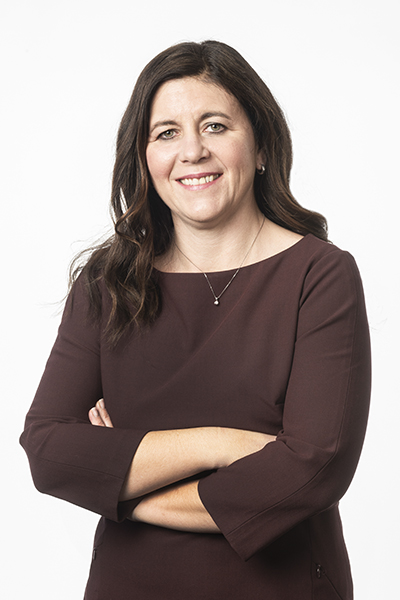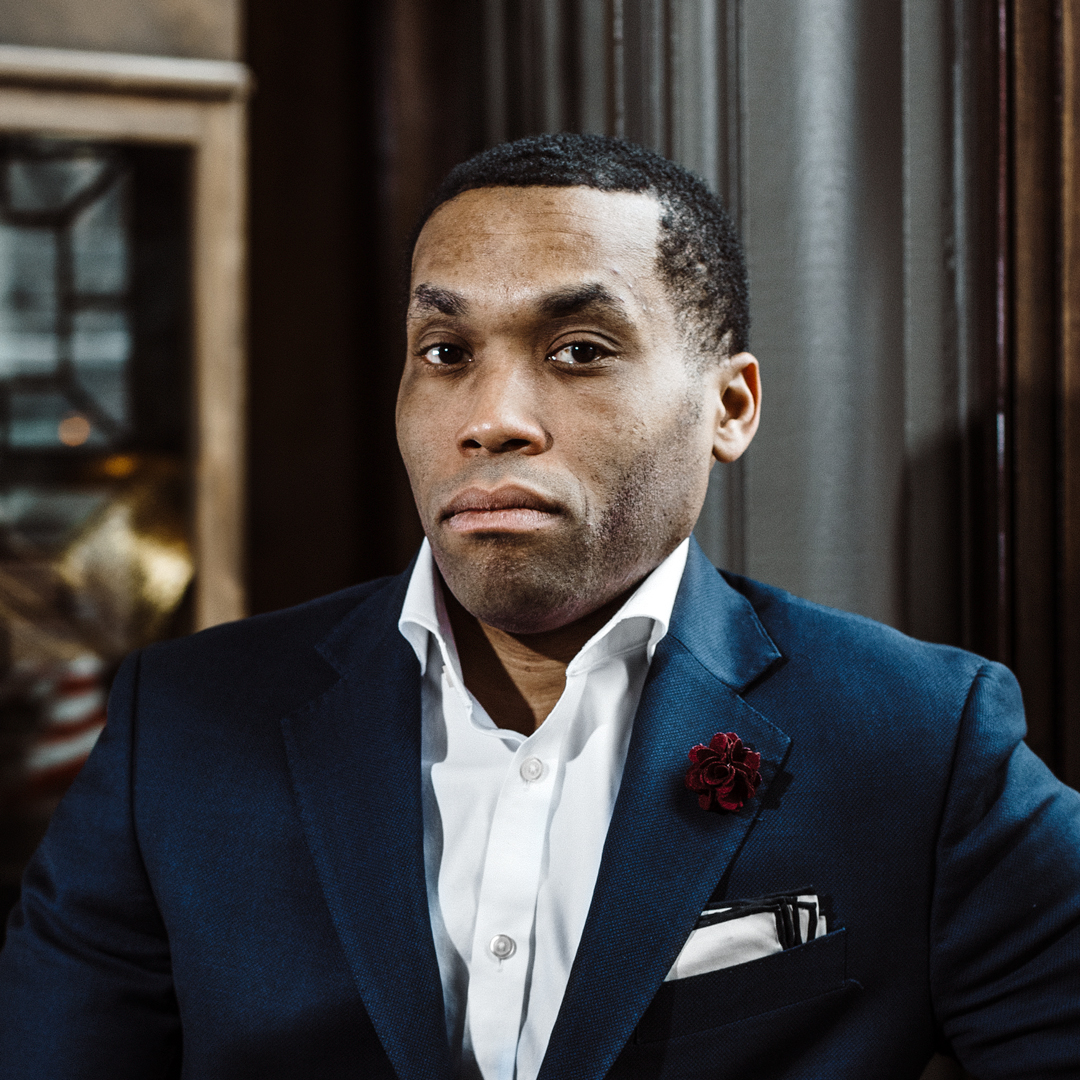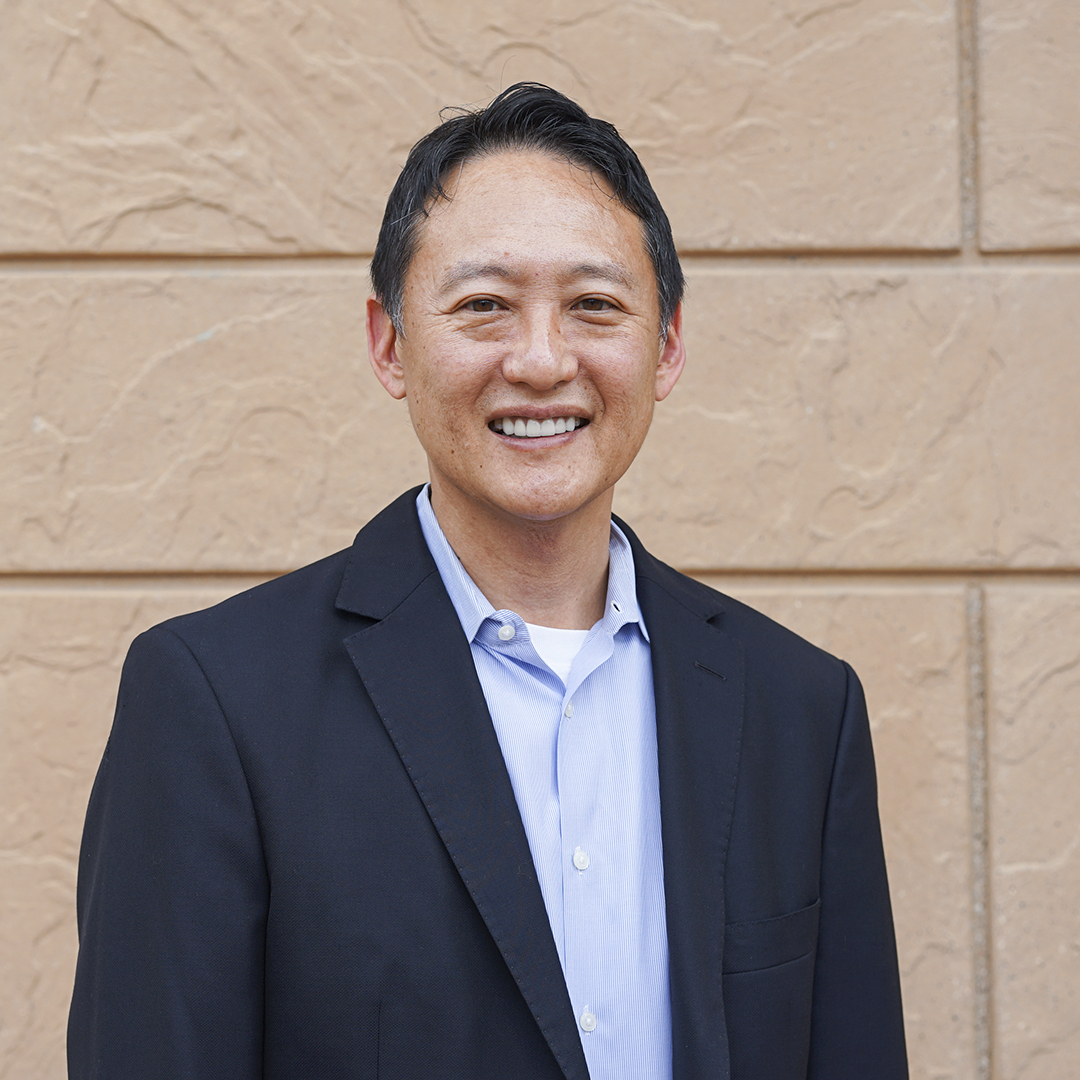The first week of April 2020, Geisinger Health Plan officials announced that its members hospitalized with a positive test would forgo any deductibles, copays, or coinsurance for COVID-19 treatment during their inpatient stay at its treatment centers.

“As Geisinger continues to monitor and respond to the novel coronavirus pandemic, we want our health plan members to know that cost will not be a barrier to receiving inpatient care when they need it most,” Geisinger Health System (GHS) Chief Medical Officer Dr. John Bulger said in a press release. The move was seen as a progressive, yet essential move to combat the worldwide pandemic and grant immediate care for those that need it most.
GHS was founded more than one hundred years ago to meet the regional needs of its central Pennsylvanian patient population and has grown to national prominence since. Twenty-two of those years have included the tenure of Christy Pehanich, who has been with the organization since 1998 and who has been in her present role, associate vice president of revenue management, since 2011.
Pehanich has risen through five different positions at GHS, first as a subject-matter expert and senior reimbursement coordinator and gradually into higher positions of leadership requiring more breadth, leadership, and growth along the way.
Bigger Plans
Twenty-two years means that Pehanich has effectively seen it all, but that doesn’t necessarily mean she knows where it’s going. “As the healthcare organization continues to change and our organization continues to grow, our strategic priorities change,” Pehanich says. “That alone is enough to continue to pique my interest and keep me fulfilled professionally.”
From 1998 to 2005, Pehanich’s role was in more of a supporting position for the health plan, and as time wore on, she became more interested in working for the plan in a more direct way. “That gave me the opportunity to really become more familiar with coding and reimbursement as well as providing direct education to providing care for a large population and working on process improvements.”
Pehanich would eventually be promoted to manager of professional insurance collections, and the promotions would continue from there. Those promotions required a much different kind of leadership than Pehanich was used to. In fact, she wasn’t all that used to leadership at all.
“We’re mitigating denial by looking at the root cause of denial, and what we might be able to do to modify . . . to really understand how to stop the denial from happening in the first place.”
“I was very much accustomed to being an independent contributor prior to becoming a manager,” she says. “I really prided myself on being a subject-matter expert, but as I moved into the managerial role, it became clear that what got me here wouldn’t keep me here.”
Pehanich says she was able to change her strategy over time, focusing on team development and leadership, and valuing “soft skill” development over the tactical hard skills she had previously prided herself on.
Collections, Denials, and Caring
One of Pehanich’s current initiatives is focused on a problem all too alive and present in healthcare today. “The amount of money due to us today by patients continues to grow exponentially,” she says. “And we have to recognize that our collections are not keeping pace with the growth in that self-pay receivable.”
So Pehanich’s team enlisted the patient access staff to begin focusing on not only copayment collection at the point of care, but also in assisting in prior balance collection. “We have goals set out right now to collect 100 percent of copays and 3 percent of prior balances at the point of care,” Pehanich explains. “There is obviously a lot of apprehension because they fear the questions that might follow from the patient and their ability to answer those questions. Providing scripting and tools to boost their confidence in having that type of collection has been essential.”
The revenue team has also developed a multidisciplinary denial mitigation workgroup. “Historically, we had focused on mitigating write-offs and we’ve changed that focus,” she explains. “We’re mitigating denial by looking at the root cause of denial, and what we might be able to do to modify, either process or technology, to really understand how to stop the denial from happening in the first place.”
And while the hard dollars and cents of the revenue team might seem black and white in the often very-gray world of healthcare, Pehanich says everything her team does calls back to GHS’s mission. “Our brand is all about caring for the population of the patients we serve,” Pehanich says. “Our organizational values align very closely with my own.”
But that doesn’t mean GHS is immune from the continuously compressing margins in healthcare or the formally flush operating lines for virtually any healthcare institutions of a decade or two ago. “So, we’re trying to lead teams toward continuous process improvement and motivating them to drive the work to get it done. I think this is what continues to keep me motivated,” Pehanich says, adamant that as healthcare continues to evolve, so will she.
Professor Health
Christy Pehanich has spent more than twenty years working behind the scenes at Geisinger Health Systems. She’s also added “professor” to her growing résumé titles. Pehanich is an adjunct professor at King’s College in Wilkes-Barre, Pennsylvania, teaching a physician practice management course to undergrads. “It’s teaching the next generation of healthcare leaders, and it’s just very rewarding,” Pehanich says.


